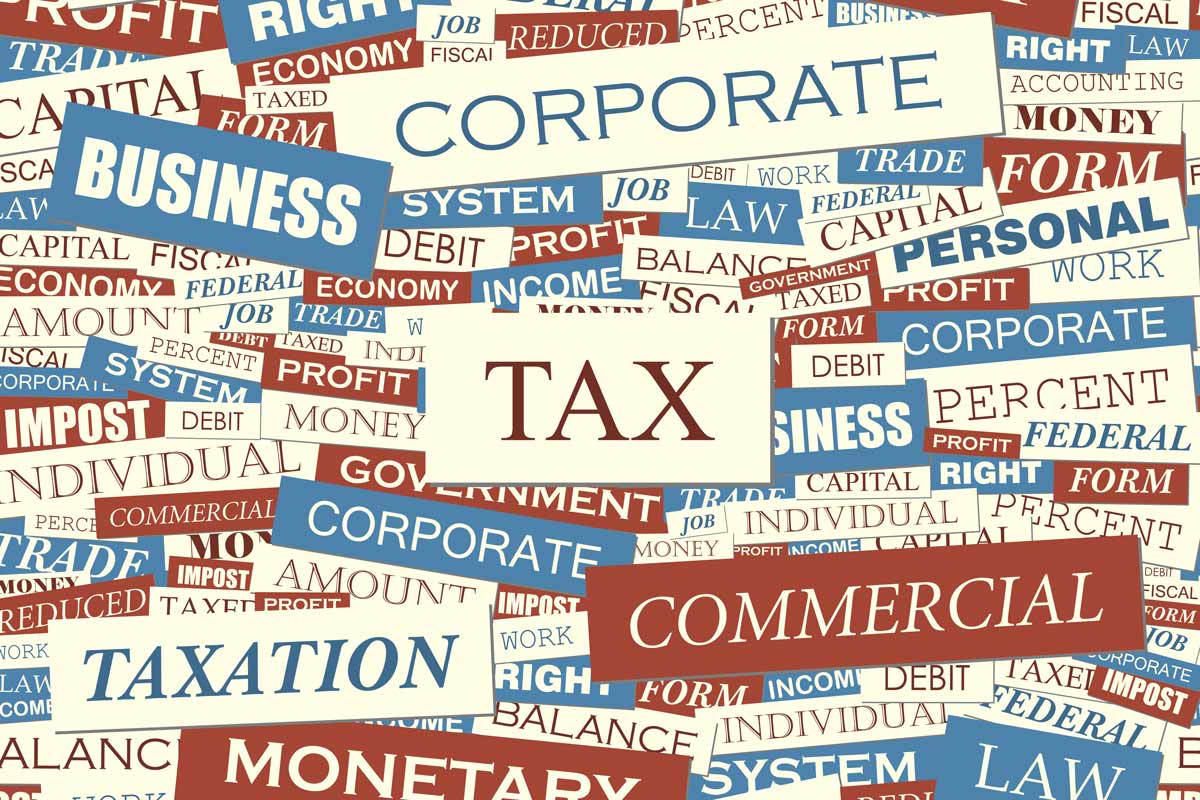Taxation of Corporation vs. Partnership vs. S-Corporation
Topic* | Partnership Taxation | Corporate Taxation | S-Corporation Taxation | ||||||||||||||||||||||||||||||||||||||||||||||||||||||||||||||||||||||||||||||||||||||||||||||||
|---|---|---|---|---|---|---|---|---|---|---|---|---|---|---|---|---|---|---|---|---|---|---|---|---|---|---|---|---|---|---|---|---|---|---|---|---|---|---|---|---|---|---|---|---|---|---|---|---|---|---|---|---|---|---|---|---|---|---|---|---|---|---|---|---|---|---|---|---|---|---|---|---|---|---|---|---|---|---|---|---|---|---|---|---|---|---|---|---|---|---|---|---|---|---|---|---|---|---|---|
* Note that some of these items have exceptions depending on your particular situation. | |||||||||||||||||||||||||||||||||||||||||||||||||||||||||||||||||||||||||||||||||||||||||||||||||||
Taxation rules | Subchapter K | Subchapter T | Subchapter S | ||||||||||||||||||||||||||||||||||||||||||||||||||||||||||||||||||||||||||||||||||||||||||||||||
Governing documents | Articles of organization (LLC) Operating agreement | Articles of incorporation Bylaws | Articles of incorporation Bylaws | ||||||||||||||||||||||||||||||||||||||||||||||||||||||||||||||||||||||||||||||||||||||||||||||||
Tax forms | 1065 | 1120-C | 1120-S | ||||||||||||||||||||||||||||||||||||||||||||||||||||||||||||||||||||||||||||||||||||||||||||||||
Allocation of patronage | K-1 | 1099-PATR | K-1 | ||||||||||||||||||||||||||||||||||||||||||||||||||||||||||||||||||||||||||||||||||||||||||||||||
Taxation of owners | K-1, Self -employment tax 20% pass through business deduction Quarterly estimated tax needed | W-2, 1099-PATR 20% pass through business deduction Quarterly estimated tax possibly needed on 1099-PATR 1099-PATR likely not subject to self-employment or other employment taxes | W-2, K-1 20% pass through business deduction Quarterly estimated tax possibly needed on profits K-1 profits not subject to self-employment or other employment taxes | ||||||||||||||||||||||||||||||||||||||||||||||||||||||||||||||||||||||||||||||||||||||||||||||||
Tax return filing | Quickly, need K-1 | Can delay to make patronage decision Quarterly estimated tax Pay co-op tax through IRS EFTPS | Quickly, need K-1 | ||||||||||||||||||||||||||||||||||||||||||||||||||||||||||||||||||||||||||||||||||||||||||||||||
Deferral of taxes | No | Patronage dividend deducted by co-op in year earned Patronage dividend is taxed to recipient in the year paid | No | ||||||||||||||||||||||||||||||||||||||||||||||||||||||||||||||||||||||||||||||||||||||||||||||||
Due date | March 15th Extended – September 15th | September 15th (8.5 months) – if issuing patronage dividends April 15th (3.5 months after year end – with exceptions) Extended October 15th (6 months) | March 15th Extended – September 15th | ||||||||||||||||||||||||||||||||||||||||||||||||||||||||||||||||||||||||||||||||||||||||||||||||
Late filing penalties | $195/partner/month Plus state penalties | % of taxes due State – % of taxes due plus possibly additional late filing penalty | $195/partner/month Plus state penalties | ||||||||||||||||||||||||||||||||||||||||||||||||||||||||||||||||||||||||||||||||||||||||||||||||
Federal | No entity level taxes | Taxes on net income | No entity level taxes | ||||||||||||||||||||||||||||||||||||||||||||||||||||||||||||||||||||||||||||||||||||||||||||||||
States | May be fees or taxes | Taxes on net income May have minimum state taxes | May be fees or taxes | ||||||||||||||||||||||||||||||||||||||||||||||||||||||||||||||||||||||||||||||||||||||||||||||||
Multi-state – Co-op | File where there is nexus | File where there is nexus | File where there is nexus | ||||||||||||||||||||||||||||||||||||||||||||||||||||||||||||||||||||||||||||||||||||||||||||||||
Multi-state – Owners | Owners may need to file in each state where co-op files | Owners file where they live and/or work | Owners may need to file in each state where co-op files | ||||||||||||||||||||||||||||||||||||||||||||||||||||||||||||||||||||||||||||||||||||||||||||||||
Set up payroll | Maybe not, owners not employees | Probably, owners are likely employees | Probably, owners are likely employees | ||||||||||||||||||||||||||||||||||||||||||||||||||||||||||||||||||||||||||||||||||||||||||||||||
Unemployment taxes | Not applicable to owners | Likely applicable to owners | Possibly applicable to owners | ||||||||||||||||||||||||||||||||||||||||||||||||||||||||||||||||||||||||||||||||||||||||||||||||
Equity | All to owners May have classes of owners | Co-op may have equity Owners may have equity May have classes of shares, preferred shares | All to owners Only one class of shares Only individuals may be owners | ||||||||||||||||||||||||||||||||||||||||||||||||||||||||||||||||||||||||||||||||||||||||||||||||
Permanent equity | No. All belongs to owners. But may set up corporate owner | Yes. Retained earnings. | No. All belongs to owners. May not set up corporate owner | ||||||||||||||||||||||||||||||||||||||||||||||||||||||||||||||||||||||||||||||||||||||||||||||||
Profit allocation | Allocation can vary from ownership % Non-members can be included with profit sharing system outside of K-1s | Allocation can vary from ownership % Non-members can receive patronage dividend | Allocation must follow ownership % Non-members can be included with profit sharing system outside of K-1s | ||||||||||||||||||||||||||||||||||||||||||||||||||||||||||||||||||||||||||||||||||||||||||||||||
About the Author

Bruce Mayer, MBA, CPA currently serves as a Partner in the Assurance Department, working primarily on audits and tax returns of cooperatives, nonprofits, employee benefit plans and commercial businesses. Bruce performs audits of all kinds and provides consulting services on taxation of nonprofits and cooperatives. Bruce enjoys helping clients solve problems and providing clients advice on accounting and tax strategies that meet their needs.





